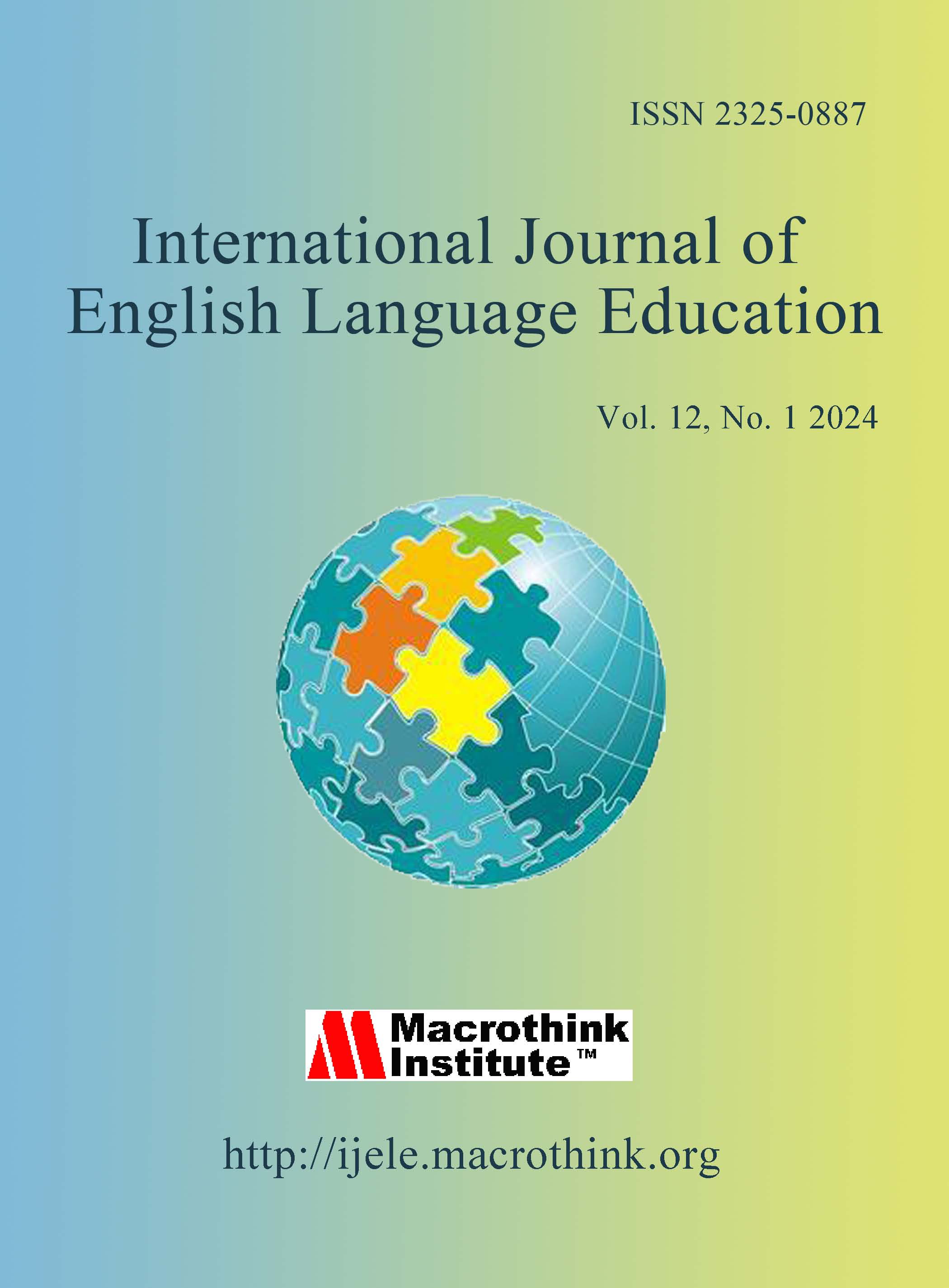EFL Listening Anxiety: Online and Face-to-Face Learning
DOI:
https://doi.org/10.5296/ijele.v11i2.21101Keywords:
EFL listening anxiety, EFL learners, online learning, online education, FTF classrooms, EFL Saudi studentsAbstract
Saudi Arabia is undergoing constant educational changes with online learning as one of the convenient alternatives to face-to-face (FTF) classrooms. This study focuses on English as a foreign language (EFL) learners’ anxiety when learning English, especially in listening skills. Several studies have addressed EFL listening anxiety in FTF classrooms. However, there is a dearth of literature on EFL listening anxiety in online classrooms, especially in the Saudi context. The present study aimed to contribute to a better understanding of EFL listening anxiety in both online and FTF learning modes. Therefore, the study explored EFL students' attitudes toward listening skills in online as well as FTF classrooms. Moreover, it examined whether EFL learners experienced listening anxiety in the aforementioned learning modes. A quantitative approach was employed, and a questionnaire was used to obtain data from a sample of 212 students studying in the English Language Institute at King Abdulaziz University. The findings revealed that despite the learning mode (online or FTF), EFL learners experience listening anxiety. However, online classrooms reduced the listening anxiety for beginner and intermediate EFL students slightly. Therefore, they were more confident in their listening skills in online classrooms. Based on these findings, the study offers pedagogical implications and recommends further research in this area to generalize the results to wider contexts.




